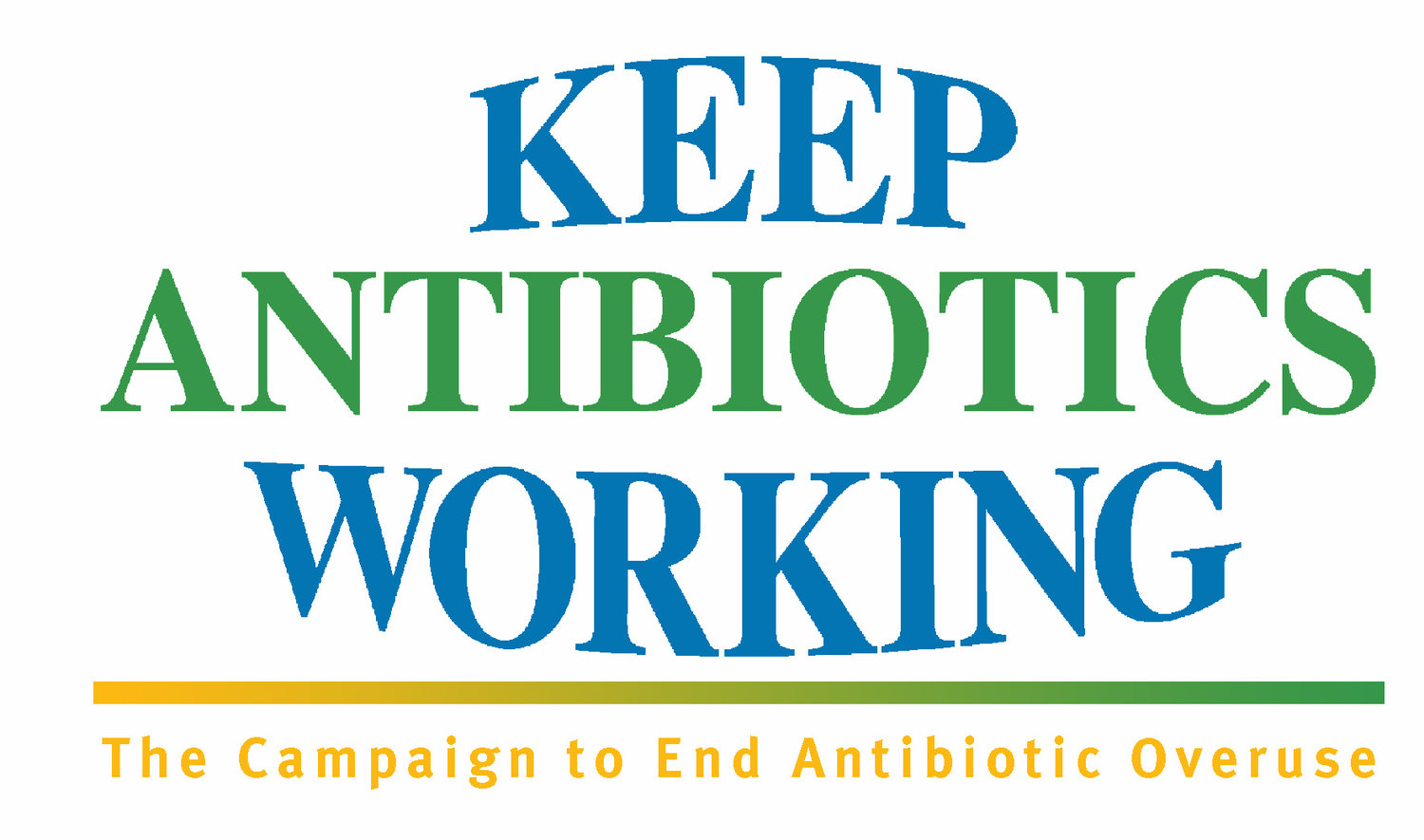KAW calls on the USDA to make sure farms are not the source of the next pandemic
MADELEINE KLEVEN, Safe and Healthy Food PROGRAM ASSOCIATE, FOOD ANIMAL CONCERNS TRUST
The majority of recent pandemic illnesses that have plagued the globe, including COVID-19, have emerged from animals. In order to combat future pandemic threats, we must be able to identify pathogens in animals which have the potential to cause human disease.
Fortunately, in March of this year Congress included, in the American Rescue Plan Act, $300 million dollars for the USDA to conduct surveillance for SARS-CoV-2 and other zoonotic diseases. This funding will be used to build an early warning system to alert health officials of potential threats that could cause the next global pandemic. USDA’s Animal and Plant Health Inspection Service (APHIS) is the agency responsible for developing this early warning system and they created a draft surveillance plan outlining their strategy. While an excellent step in the right direction, the framework provided by APHIS, needs some revision and a more central focus on the nexus between farm animals and humans.
KAW sent comments to the USDA on their proposed surveillance framework. Here are our recommendations:
APHIS must include a specific on-farm component in the framework. This includes a surveillance system which monitors for dangerous pathogenic organisms, including those that are resistant to antibiotics. In addition, APHIS or other government agencies must be given authority to detect and investigate these dangerous pathogens on farms in order to prevent transmission to humans. Currently, this authority to investigate disease outbreaks on farms, does not exist.
APHIS must include antibiotic resistance (ABR) as part of the Strategic Framework. ABR results in over 700,000 deaths globally every year and, as illustrated by the current pandemic, curtails efforts to treat patients hospitalized from COVID-19. In order to create a comprehensive surveillance framework, both viral and bacterial pathogens must be monitored and antibiotic stewardship efforts must be improved.
APHIS should work with CDC to integrate farm and food system worker health into the Strategic Framework. Farm and food system workers are at increased risk of being impacted by emerging zoonotic pathogens because of their direct contact with animals and animal products as well as their existing vulnerabilities such as racial discrimination, legal status, and low income.
APHIS should increase coordination with other federal agencies and clarify the roles of CDC, FDA, EPA etc. In order to dramatically improve our ability to address emerging pandemic threats, all government organizations must coordinate efforts and implement a One Health approach.
APHIS must provide ongoing resources to address zoonoses with pandemic potential. APHIS should build into the Strategic Framework a plan for ongoing sustainable funding moving forward. Unfortunately emerging pathogens aren’t going away any time soon, so neither should funding to address this critical public health issue.
You can read our full comments in response to the proposed framework, here.
